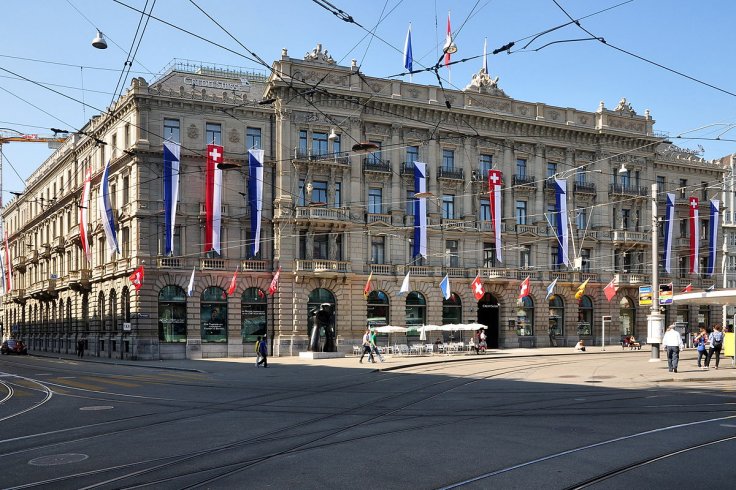Credit Suisse is in more trouble as a federal court in Manhattan has started the trial on currency rigging allegations. The class action suit that was launched in 2013 accuses the embattled Swiss banking giant of rigging the foreign exchange market and hurting customers.
The lawsuit says Credit Suisse traders shared nonpublic pricing information with traders in other banks and colluded to fix prices in the foreign exchange market. Chat rooms such as 'Yen Cartel' operated between 2007 and 2013 and traders from various banks participated in it to manipulate spreads for currency pairs.

Conspiracy Network
The original lawsuit was brought up against as many as 15 banks, including Citigroup, UBS, Barclays, JPMorgan Chase, HSBC Holdings and Deutsche Bank AG, agreed to pay $2.3 billion to settle claims against them in 2017.
All these banks evaded legal action by agreeing to pay $2.3 billion to settle claims in 2017.
Lawyer Christopher Burke, who represents a group of pension funds and investors, said in the Manhattan court on Tuesday that Credit Suisse was part of the "conspiracy network" that rigged foreign exchange market for years.
"The chatrooms gave the dealers an edge ... With the network, the dealers win and the customers lose," Burke told the court.
The Defense
The attorney said by forming a cartel the erring banks undercut competition that would benefit investors. He also pointed out that many banks that were accused of being in the network pleaded guilty to the charges.
However, Credit Suisse denied the accusations. Edward Moss, who represented Credit Suisse, said the plaintiffs were piecing together small, isolated things.

"Were those smaller isolated bad things? ... Yeah, they were. There were people in this industry who did some things they shouldn't do. They want to mass them together and say this is one big massive thing. It doesn't work that way," Moss said, according to Bloomberg News.
Credit Suisse Shares
Credit Suisse is in the middle of a liquidity and valuation crisis, and is expected to announce a much-awaited turnaround plan on October 27. The bank's shares, which has all but evaporated during the drawn-out crisis, inched up at the start of the week on news that bidders are expressing interest in buying its securitized products unit.
The bank was teetering on the edge last week, raising fears that its putative collapse would create a Lehman Brothers-like crisis in the financial industry. Amid a torrid plunge in market value and an unprecedented liquidity crisis, the bank was seen perilously close to failure, with options such as a merger with rival UBS mooted as a way out.
Then, on October 8, Credit Suisse tried to allay fears over liquidity by announcing it would buy back up to $3 billion of its own debt.

Credit Suisse had a market capitalization of $22.3 billion just a year ago. The value crashed to just about $10 billion at the end of September, even as shares plunged 56 percent in one year to $3.98.








